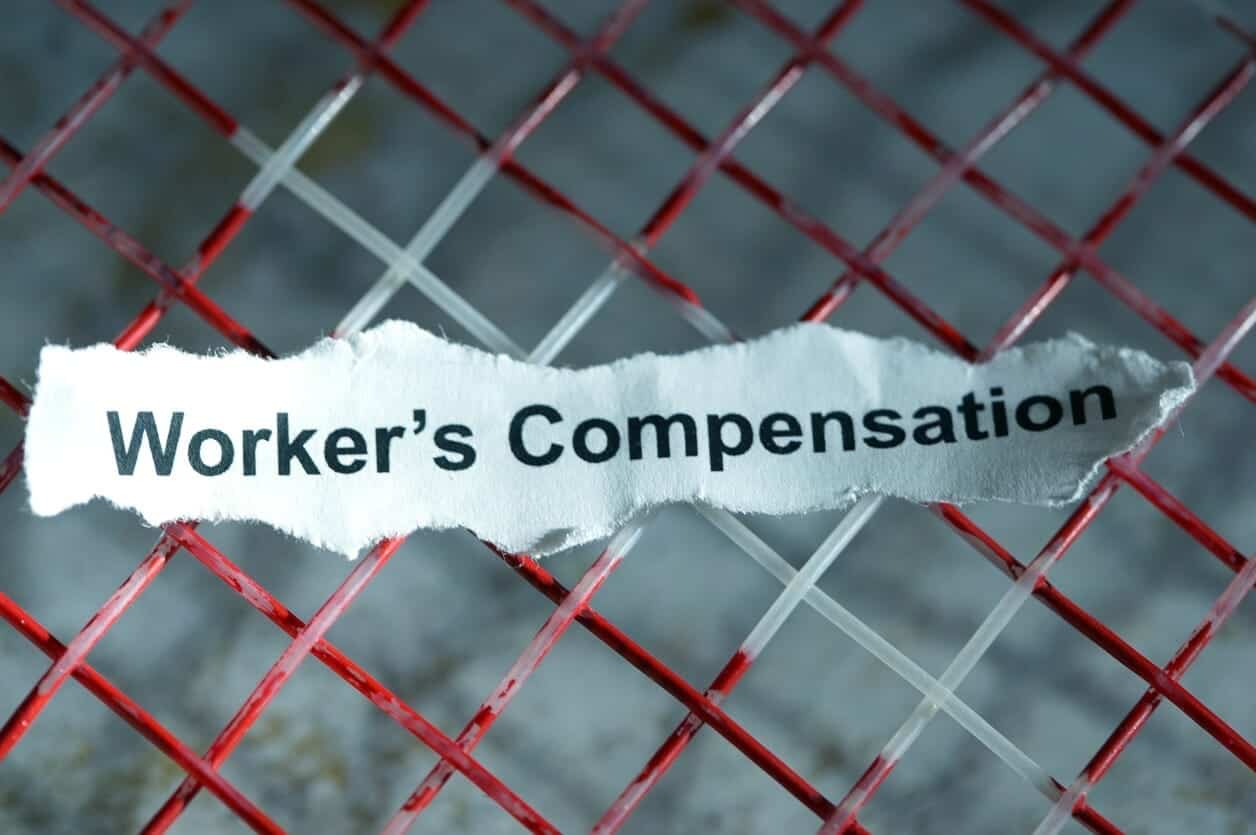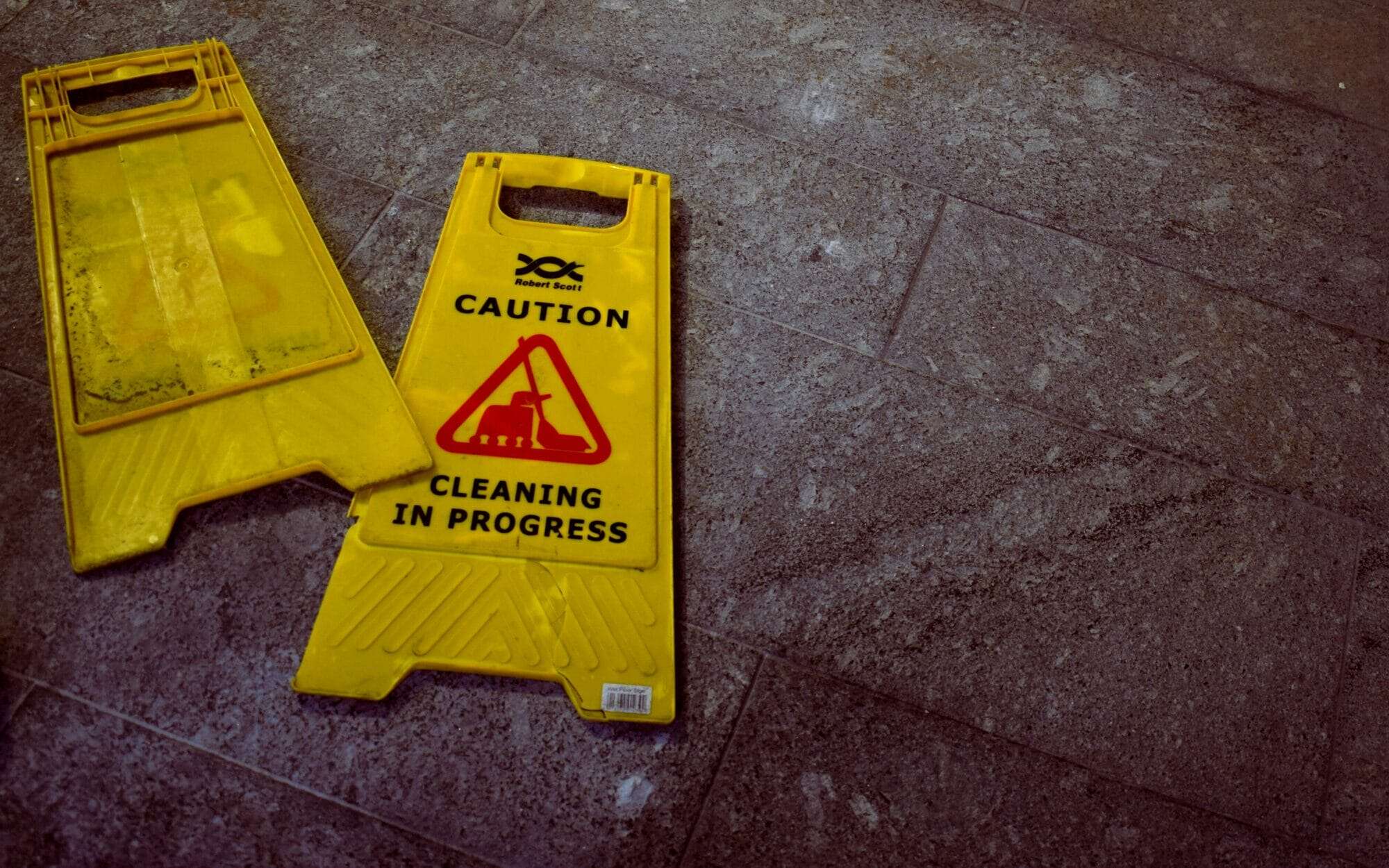After a workplace accident or the occurrence of an occupational disease, most Virginia employers will properly report an employee’s injury to their insurance carrier and the Virginia Workers’ Compensation Commission and cooperate throughout the claims process. However, for any number of reasons some employers will not report an employee’s injury or occupational disease or will impede the process in other ways. If your employer is not cooperating, you may be left wondering what options you have to ensure your claim is given the attention it deserves in order to receive the benefits you greatly need during this difficult time.
Employer Requirements
Coverage. In Virginia, employers are generally required to carry workers’ compensation insurance if they regularly employ more than two employees. An “employee” is broadly defined and may include full-time or part-time employees, seasonal workers, temporary workers, and minors. Subcontractors may also be included under certain circumstances.
If an employer fails to carry workers’ compensation insurance, they can be assessed a civil penalty of up to $250 for each day they are uninsured, subject to a maximum penalty of $50,000 plus costs. An uninsured employer can also be liable to any employee for compensation for their injuries, and continued failure to obtain workers’ comp coverage can result in an order prohibiting the employer from operating their business. They may even face criminal prosecution.
Record keeping and reporting. A Virginia employer is required to promptly report employee injuries to its insurance carrier. Employers are also required to report work injuries and deaths to the Virginia Workers’ Compensation Commission within 10 days by filing a “First Report of Injury”; minor injuries must be reported within 60 days. Employers must also file any medical reports they receive that relate to a claim and provide copies to the relevant employee. When a claim is denied by an employer’s insurance carrier, the employer must promptly notify the employee and the Commission. Failure to comply with reporting requirements can result in up to $500 per violation in civil penalties and criminal charges as well.
Why Employers Are Uncooperative
An employer can impede the workers’ comp process in multiple ways, including:
- refusing to file a claim with the workers’ comp insurer;
- refusing to file a First Report of Injury with the Commission;
- refusing to provide the employee with a list of approved physicians; or
- failing to pay the workers’ comp checks, or paying late.
An employer may fail to acknowledge and properly report your workplace injury or occupational disease or interfere for many reasons.
- Fear. An employer may fear that reporting a claim to the insurance carrier will result in rising premiums. But, an employer’s Workers’ Compensation policy is in place to protect the employer from having to pay out of pocket for an injured worker’s medical care and wage loss benefits. The Workers’ Compensation insurance provides a benefit to both the employer and the injured worker.
- Lack of insurance. An employer may knowingly, or unknowingly, fail to carry workers’ compensation insurance.
- Disagreements. An employer may disagree with an employee’s characterization of the severity or cause of an injury. The employer may also dispute the existence of the injury or that the employer has any legal or financial responsibility.
- Employee delays. An employee who is injured as a result of a workplace accident is required to provide written notice to their employer within 30 days of the accident. If an employee sustains an injury due to an occupational disease, notice must be provided within 60 days of the employee being told the disease is connected to their work. If an employee fails to provide notice within these timeframes, an employer may attempt to argue that it has been prejudiced as a result of the delay in notification.
What Can I Do If My Employer Did Not Report My Work Injury?
If your employer is putting up roadblocks, you should contact a Workers’ Compensation attorney immediately. A skilled Workers’ Compensation lawyer will be able to assist you in providing notice to both the Virginia Workers’ Compensation Commission and your employer’s Workers’ Compensation insurance company in a timely manner. This protects your rights and notifies the Workers’ Compensation Commission and insurance carrier that you require medical treatment and wage loss benefits as a result of your injury. The longer you delay in notifying the Workers’ Compensation Commission and Workers’ Compensation insurance company the more likely it is that the insurance company will deny your claim.
After your injury, you should immediately provide written notice of your injury to your employer, and you should report your workplace injury or occurrence of an occupational disease to the Virginia Workers’ Compensation Commission—filing notice with your employer is not the same as filing a claim with the Commission. An injured employee must file a claim with the Commission within two years of the accident. If you file a claim with the Commission but your employer has not filed the First Report of Injury, the Commission will require the employer to explain why the report was not filed and may impose civil penalties. Civil penalties are rarely leveled against employers for failing to report an injury because the employer will often dispute that an accident ever occurred. Because the employer disputes the accident ever occurred, the Workers’ Compensation Commission will require that you prove you did in fact have an accident, and not penalize the employer for failing to report the accident.
In addition to filing a claim with the Commission, and depending on your relationship with your employer and the facts of your case, you may be advised to speak directly with your employer or their insurance carrier to resolve any disputes that are preventing your receipt of benefits. However, employees should be cautious and consider seeking the advice of a Virginia Workers’ Compensation attorney before speaking directly with the insurer or their employer because, in this situation, the parties have different interests at stake. We do not recommend you speak directly to the insurance company without first consulting with a knowledgeable Workers’ Compensation lawyer.
Hire an Experienced Virginia Worker’s Compensation Attorney
The Virginia Workers’ Compensation process is nuanced and confusing, but if your employer is preventing you from receiving the benefits you deserve the process can feel overwhelming. The Virginia Workers’ Compensation attorneys at Renfro & Renfro have skillfully represented employees in workers’ comp disputes. Using their comprehensive understanding of the process, our attorneys will consider the facts of your case and work with you to achieve the best possible outcome. Contact us now for a free consultation.






